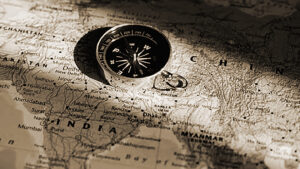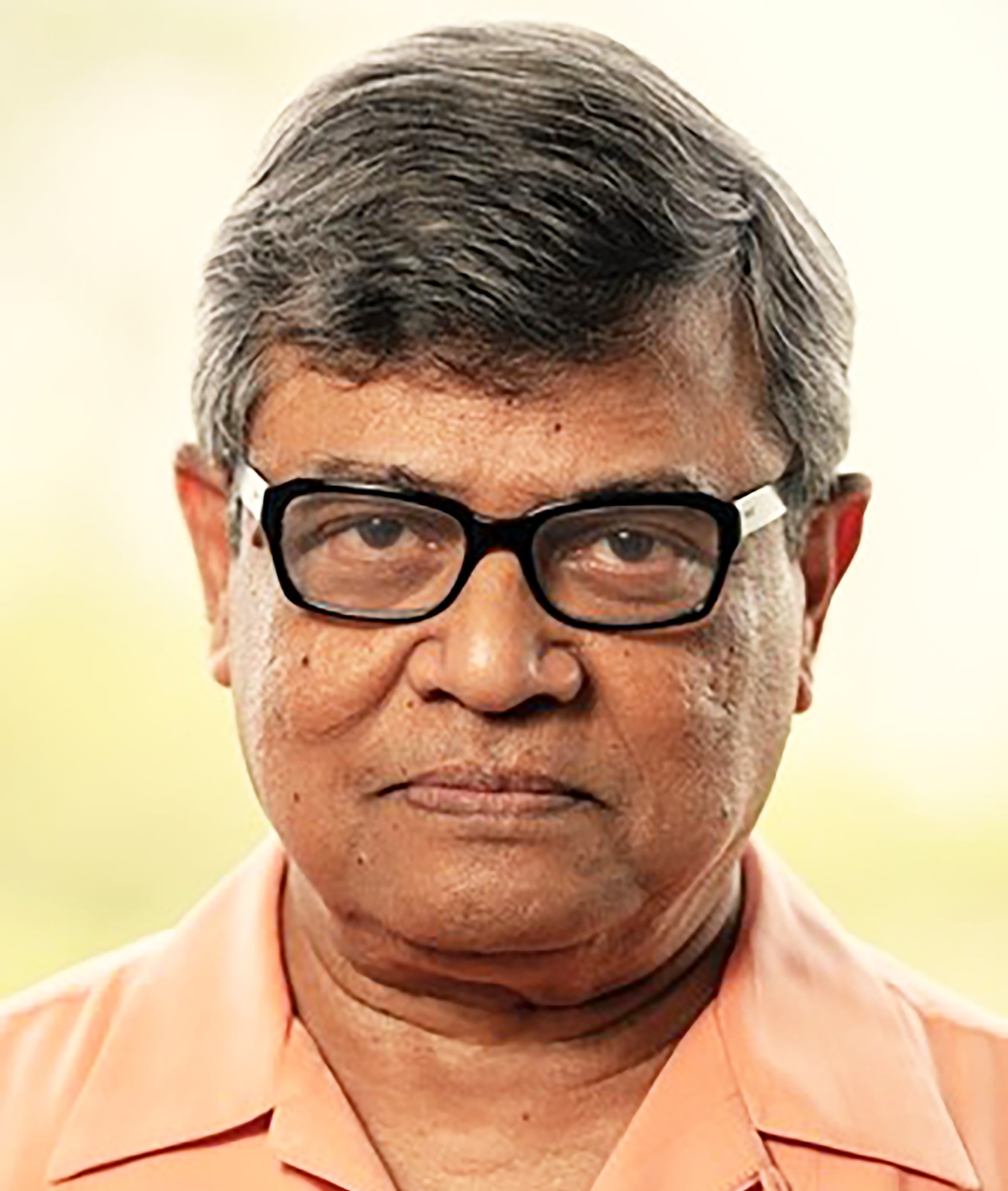Should India join NATO?
Dr. Kallol Guha
COLUMN/ THE WRITE LINE
September 2, 2023: India is not a member of the North Atlantic Treaty Organization (NATO), and there is no official move, especially from the collective West, to promote its membership in NATO.
While there have been discussions and debates about India’s involvement in NATO or closer cooperation with the alliance, the decision to join the alliance ultimately rests with the Indian government. India has traditionally pursued a non-aligned foreign policy and has been cautious about forming formal military alliances.
It’s important to note that international relations and alliances are complex and influenced by various factors, including geopolitical considerations, security concerns, and national interests.
Any potential movement or collective effort to encourage India’s NATO membership would require careful examination of these factors and the consent of both Dilli and the governments that are NATO members.
What is NATO?
Headquartered in Brussels, Belgium, it is a political and military alliance established in 1949 to ostensibly ensure the collective defence and security of its member countries in the North Atlantic region. It currently consists of 30 member nations, primarily from North America and Europe. NATO’s membership is based on the principle of collective defence, where an attack on one member is considered an attack on all members, and they are expected to come to each other’s aid.
That being said, India has engaged in various forms of defence cooperation and partnerships with NATO and its member countries. It has participated in NATO-led peacekeeping missions and has engaged in dialogue and cooperation on security issues with NATO. India has also sought to strengthen its bilateral defence ties with individual NATO members.
However, it is worth considering some factors that could influence their perspective.
Geopolitical considerations
NATO membership is primarily based on geographic proximity and security concerns in the North Atlantic region. India is located in South Asia, which is beyond the traditional scope of NATO’s geographic focus. Therefore, the question of India’s membership could raise debates about expanding NATO’s mandate and geographical reach.
Strategic partnerships
The United States and other NATO members have been building closer strategic partnerships with Dilli over the years. While not a NATO member, India has engaged in military exercises, defence cooperation, and defence trade with various NATO countries. These partnerships could indicate a willingness to enhance collaboration with India on security matters without necessarily involving full NATO membership.
Regional dynamics
The relationship between India and its neighbours, particularly Pakistan and China, could be a factor in any potential discussions about Dilli’s NATO membership. Both Pakistan and China have historically been cautious of India’s strategic alignments and could raise concerns about the potential security implications of India joining NATO.
There are several potential controversies and challenges related to India potentially joining NATO. Let’s go deep into them.
Historical non-alignment
India has a longstanding policy of non-alignment, dating back to the Cold War when it sought to avoid entanglement in the superpower rivalry between the US and the erstwhile Soviet Union. Joining NATO, a military alliance that was created as part of that rivalry, would represent a major departure from this tradition.
Regional tensions
India’s relationship with its neighbours, particularly Pakistan and China, could complicate NATO’s dynamics. NATO’s core principle is collective defence – an attack on one member is considered an attack on all, as stated before. This could escalate any regional conflict involving India into a global one. The Kashmir dispute between India and Pakistan, and border tensions between Bharat and China are particularly delicate issues.
China’s reaction
Beijing may perceive Dilli’s joining of NATO as a major strategic threat, which could escalate tensions between the two Asian giants. The tensions could spill over into the region as well. China is a major global economic power. So, such a move by India could have significant implications for world politics, given that Beijing doesn’t share the best of relations with Dilli.
NATO focuses on Europe and North America. Expanding membership to India would fundamentally change the nature of the organisation and could be met with resistance from existing members. This could also set a precedent for other nations outside the North Atlantic region to join, further stretching the alliance’s scope and resources.
There may be significant resistance within India to joining a military alliance such as NATO. This could come from various quarters, including those who favour the traditional policy of non-alignment, those who are wary of the implications of getting entangled in global power politics, and those who see NATO as a tool of western imperialism.
India-Russia relations
India has traditionally maintained friendly relations with Russia, a country often seen as antagonistic to NATO. So, NATO membership could force Bharat to take sides in conflicts between NATO and Russia, straining or breaking the Bharat-Russia relationship.
All these challenges put together make it difficult for India to join NATO. Hence, it comes as little surprise that there are no clear signs yet of India considering such a move right away, or NATO offering membership to Dilli.
REPUBLISHING TERMS:
All rights to this content are reserved. If you want to republish this content in any form, in part or in full, please contact us at writetoempirediaries@gmail.com.











